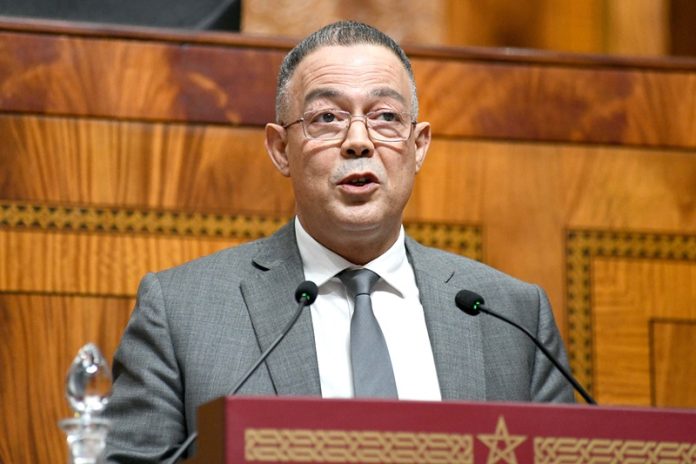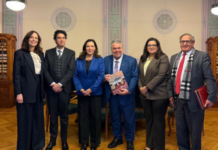Morocco’s fiscal performance for 2024 has exceeded expectations, with revenues reaching 110.8% of the projected target. This announcement was made by Fouzi Lekjaa, the Minister Delegate in charge of the Budget, during a session with the Finance Committee at the House of Councillors. The country saw an increase of 37.6 billion dirhams in tax revenues compared to the previous year, driven by stronger collections from personal income tax, corporate tax, and value-added tax (VAT) on both domestic and imported goods. Customs duties, consumption taxes, and registration fees also contributed significantly to this growth.
In parallel, non-tax revenues reached 104% of their target, further consolidating the country’s public finances. Between 2020 and 2024, ordinary revenues increased by 143.5 billion dirhams, while tax revenues alone grew by 101.4 billion, reflecting an average annual growth rate of nearly 12% since 2021.
One of the major highlights of the year was the success of the voluntary tax regularization campaign, which encouraged taxpayers to declare previously hidden assets and accounts. This initiative generated a total of 125 billion dirhams. Of this amount, 77 billion dirhams came from bank declarations, while over 8,000 taxpayers made additional contributions through the General Directorate of Taxes. As a result, the government’s treasury was bolstered by an additional six billion dirhams.
The management of expenditures also reflected positive trends. Ordinary expenditures rose by 5.6% compared to 2023, with a realization rate of 100.9%. Significant allocations included ten billion dirhams dedicated to social dialogue programs and five billion dirhams for regional education academies and the Social Cohesion Fund. At the same time, efforts to control spending led to a 6.1% reduction in expenses on goods and services, saving the state 5.5 billion dirhams.
Investment spending increased by 6.6 billion dirhams, highlighting the government’s continued support for major strategic projects. This financial discipline helped reduce the budget deficit to 3.9% of GDP in 2024, compared to 4.4% in 2023 and 5.4% in 2022.
Fouzi Lekjaa emphasized that Morocco’s fiscal strategy, which prioritizes gradual deficit reduction and debt control, aims to strengthen trust with international financial institutions and economic partners. These results provide a strong foundation for the implementation of key structural reforms and national projects, including preparations for the 2030 FIFA World Cup. With this momentum, Morocco has reaffirmed its position as a stable and attractive destination for investment, setting the stage for sustained economic growth in the coming years.





